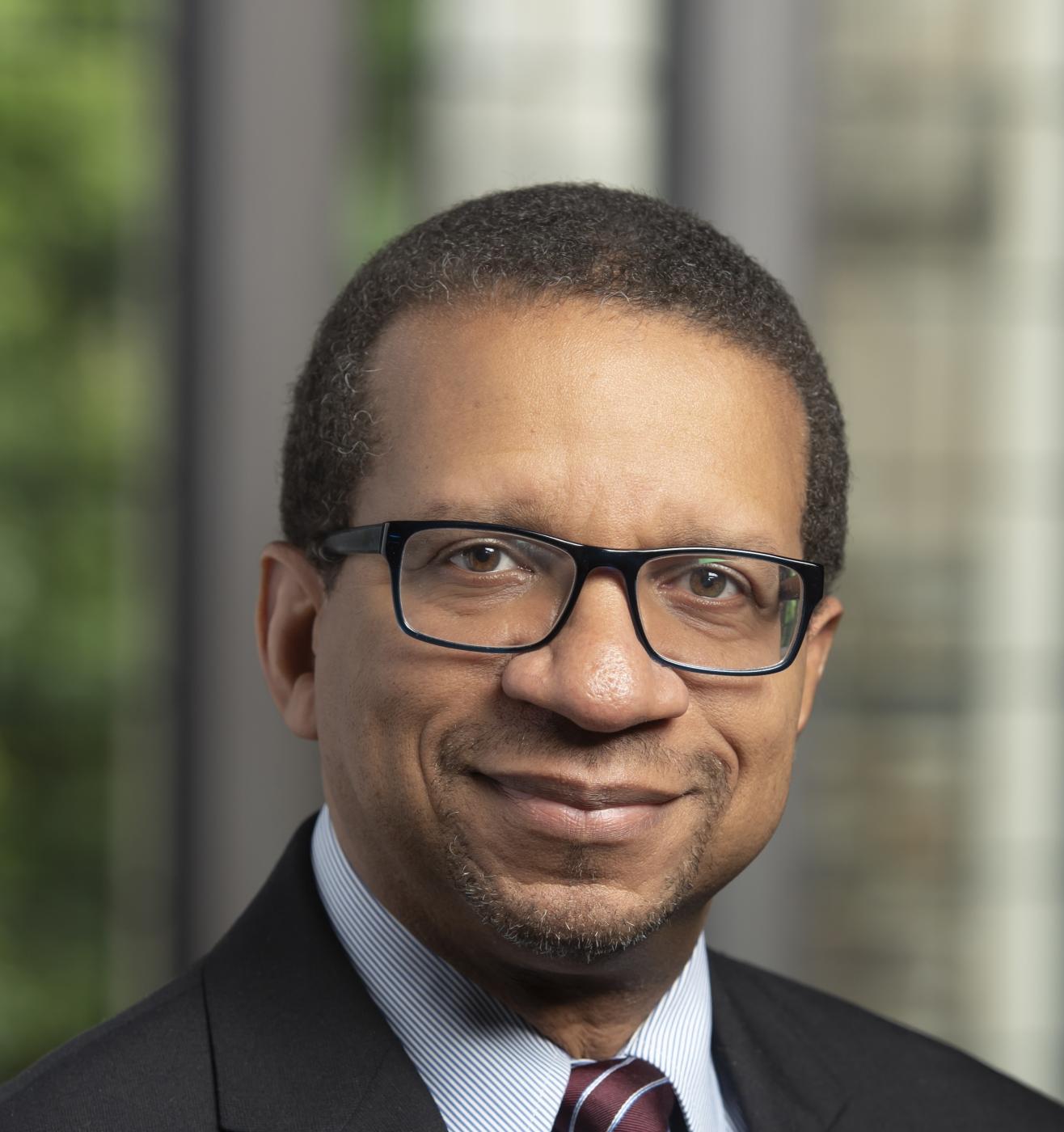How will you continue your strong commitment to ecumenism in your new position as president of Fuller Theological Seminary?
Dr Goatley: I have been committed to ecumenism and the global church for almost my entire life in ministry as vocation. This has included praying for and contributing to global missions in the church of my childhood; participating in ecumenical networks as an urban missionary and congregational pastor; and international service and study as a pastor and teacher. Ecumenism and global engagement are essential to who I am, and I look forward to continuing in and contributing to that work in my new role as president of Fuller Theological Seminary. While those engaged in global ecumenical and global evangelical movements have, regrettably, experienced tension, I aspire to see Christians across communions, traditions, and geography demonstrate our love for God, our neighbors, and each other.
One way that I hope to continue to support the global ecumenical movement is through ongoing participation and promotion of the Thursdays in Black campaign for a world without rape and sexual violence. I was an ambassador at my previous ministry placement, the Lott Carey Baptist Foreign Mission Society where several individuals and congregations have embraced the campaign. Since coming to Duke Divinity School, I have continued to encourage participation in this global movement. Our dean, some administrators, several staff, a few faculty, and many students wear black on Thursdays to support the movement. We have also hosted events that promote awareness advocacy in action. I hope to continue this work and invite others to work for a world without rape and sexual violence.
What are some of your most inspiring moments looking back on your work with the WCC?
Dr Goatley: I have been greatly inspired by my participation in the Reference Group for the Pilgrimage of Justice and Peace. Sharing with companions on this sacred journey in various regions of the world has introduced me to many people who are bearing good and faithful witness to Christ Jesus and has helped me see more clearly something of the heavy weight that so many are forced to bear. Our methodology of celebrating gifts, visiting wounds, and transforming injustices offered a framework for understanding better contexts of service and the call of God in the world. I commend to friends the WCC / Globethics.net publication Toward an Ecumenical Theology of Companionship: A Study Document for the Ecumenical Pilgrimage of Justice and Peace as a helpful guide for study and reflection among people and churches.
I have been further inspired by the 11th assembly that convened in Karlsruhe. I was privileged to serve on the Assembly Planning Committee, which gave me the opportunity to participate in the early framing and ongoing collaborating in preparation for the gathering with thoughtful and faithful colleagues from various traditions and regions of the world. The creative work of staff and partners to shape and shepherd the progress resulted in a transforming experience for many. This includes the 14-person group that I co-led from Duke Divinity School. Our 10 students, two alumni, and two faculty members engaged in workshops, worship, pilgrimages, and fellowship that will continue to inform and inspire their work and witness as leaders and ministers of churches.
What can your ecumenical family pray for you as you embark on your new path?
Dr Goatley: I invite my ecumenical family to pray, in the words of an old spiritual song, that says: “Guide my feet, Lord Hold my hand, Lord Be my friend Lord, while I run this race. I don’t want to run this race in vain.” Further, I welcome my ecumenical family to pray for our work and witness in theological education and vocational formation at Fuller Theological Seminary.
